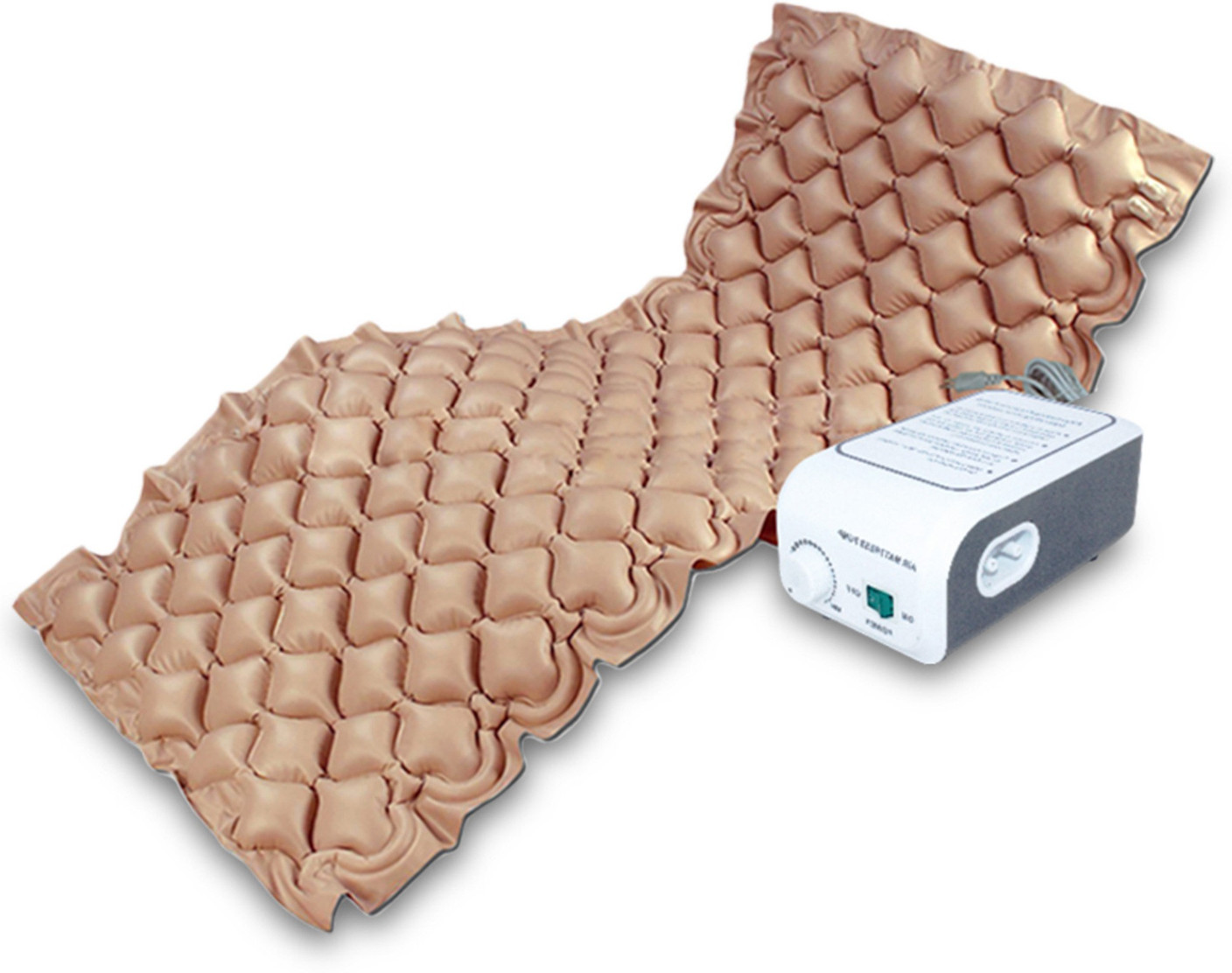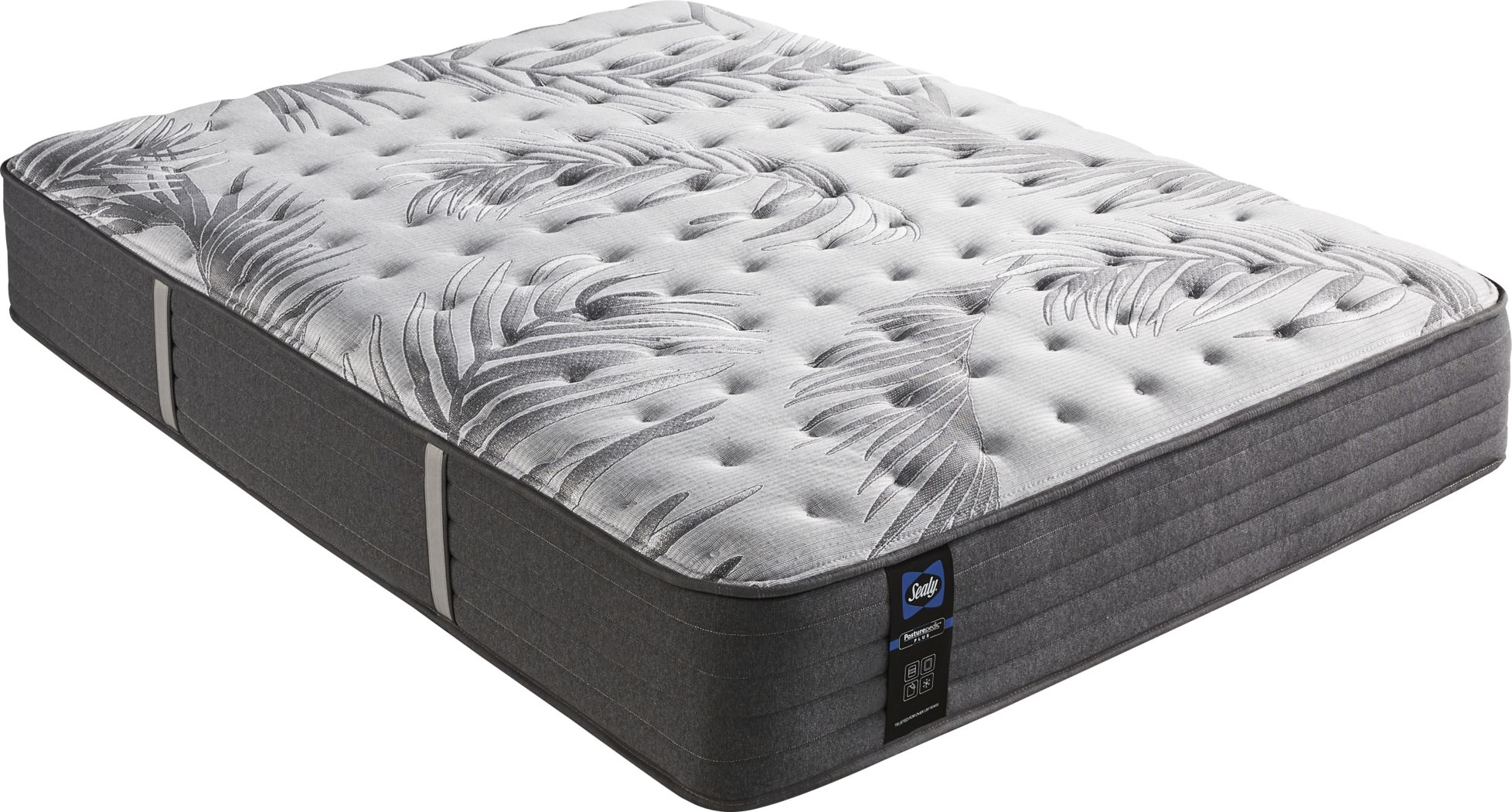1. Use a Plunger to Clear the Blockage
One of the most common and effective ways to unblock a kitchen sink and waste pipe is by using a plunger. This simple tool works by creating pressure and suction to dislodge the blockage. To use a plunger, first, make sure there is enough water in the sink to cover the suction cup. Then, place the plunger over the drain and push down and pull up quickly several times. The suction and pressure created should loosen and remove the blockage.
2. Pour Boiling Water Down the Drain
If the blockage is caused by grease or oil buildup, pouring boiling water down the drain may help to dissolve and remove it. Boil a kettle of water and carefully pour it down the drain in stages, allowing it to work for a few minutes between each pour. This method may need to be repeated a few times for stubborn blockages.
3. Use a Mixture of Baking Soda and Vinegar
A natural and effective way to unblock a kitchen sink and waste pipe is by using a mixture of baking soda and vinegar. Start by pouring a cup of baking soda down the drain, followed by a cup of vinegar. The chemical reaction between the two will help to break down and dissolve the blockage. Let the mixture sit for a few minutes before pouring boiling water down the drain to flush it out.
4. Try Using a Plumbing Snake
If the blockage is too stubborn to remove with a plunger or natural remedies, a plumbing snake may do the trick. This tool consists of a long, flexible cable with a corkscrew-like end. Insert the snake into the drain and twist it while pushing it further down. This should help to break up and remove the blockage. Be sure to wear gloves and protect your eyes when using a plumbing snake.
5. Use a Chemical Drain Cleaner
If all else fails, you can try using a chemical drain cleaner. These products work by dissolving the blockage with powerful chemicals. However, they can be harmful to your skin and the environment, so use them sparingly and carefully follow the instructions on the label. Avoid using them if you have a septic system, as they can damage the bacteria that help to break down waste.
6. Remove and Clean the P-Trap
The P-trap is the U-shaped pipe under the sink that helps to trap debris and prevent odors from coming back up the drain. However, this trap can also become clogged and cause blockages. To clean it, place a bucket under the trap to catch any water, then unscrew the trap and remove it. Clean out any debris and rinse the trap before reattaching it.
7. Check for and Remove Any Visible Debris or Objects
Sometimes, blockages can be caused by foreign objects stuck in the drain, such as food scraps or utensils. Use a flashlight to check for any visible debris or objects that may be causing the blockage. If you can see and reach the object, carefully remove it with tongs or pliers.
8. Use a Wet/Dry Vacuum to Suck Out the Blockage
If you have a wet/dry vacuum, you can try using it to suck out the blockage. Set the vacuum to the wet setting and cover the vent with a cloth to create a seal. Place the vacuum over the drain and turn it on to suck out the blockage. This method works best for smaller blockages.
9. Call a Professional Plumber
If you have tried everything and still cannot unblock your kitchen sink and waste pipe, it may be time to call a professional plumber. They have the tools and expertise to remove stubborn blockages and identify any underlying issues that may be causing the blockage. A plumber can also provide regular maintenance and tips to help prevent future blockages.
10. Prevent Future Blockages by Regularly Maintaining Your Drains
Prevention is always better than cure when it comes to blocked drains. To avoid future blockages, make sure to regularly maintain your drains by flushing them with hot water and using a natural cleaner, such as baking soda and vinegar, once a month. Also, avoid pouring grease, oil, and large food scraps down the drain.
With these tips, you can easily unblock a kitchen sink and waste pipe and keep your drains running smoothly. Remember to use natural and eco-friendly methods first before resorting to harsh chemicals, and always wear protective gear when handling plumbing tools. Regular maintenance and proper disposal habits can help prevent future blockages and save you from the hassle and cost of calling a professional plumber.
Why Unblock Your Kitchen Sink and Waste Pipe is Essential for a Functional House Design

Efficient Water Flow for a Clean and Hygienic Kitchen
 Having a clogged kitchen sink and waste pipe can be a major inconvenience and can disrupt the functionality of your kitchen. As one of the main areas for food preparation and cleaning, it is important to have an efficient water flow to maintain a clean and hygienic environment. A blocked sink can lead to stagnant water and build-up of food scraps, creating a breeding ground for bacteria and unpleasant odors. By
unblocking your kitchen sink and waste pipe
, you can ensure a smooth and uninterrupted water flow, making it easier to maintain a clean and hygienic kitchen.
Having a clogged kitchen sink and waste pipe can be a major inconvenience and can disrupt the functionality of your kitchen. As one of the main areas for food preparation and cleaning, it is important to have an efficient water flow to maintain a clean and hygienic environment. A blocked sink can lead to stagnant water and build-up of food scraps, creating a breeding ground for bacteria and unpleasant odors. By
unblocking your kitchen sink and waste pipe
, you can ensure a smooth and uninterrupted water flow, making it easier to maintain a clean and hygienic kitchen.
Prevent Potential Water Damage
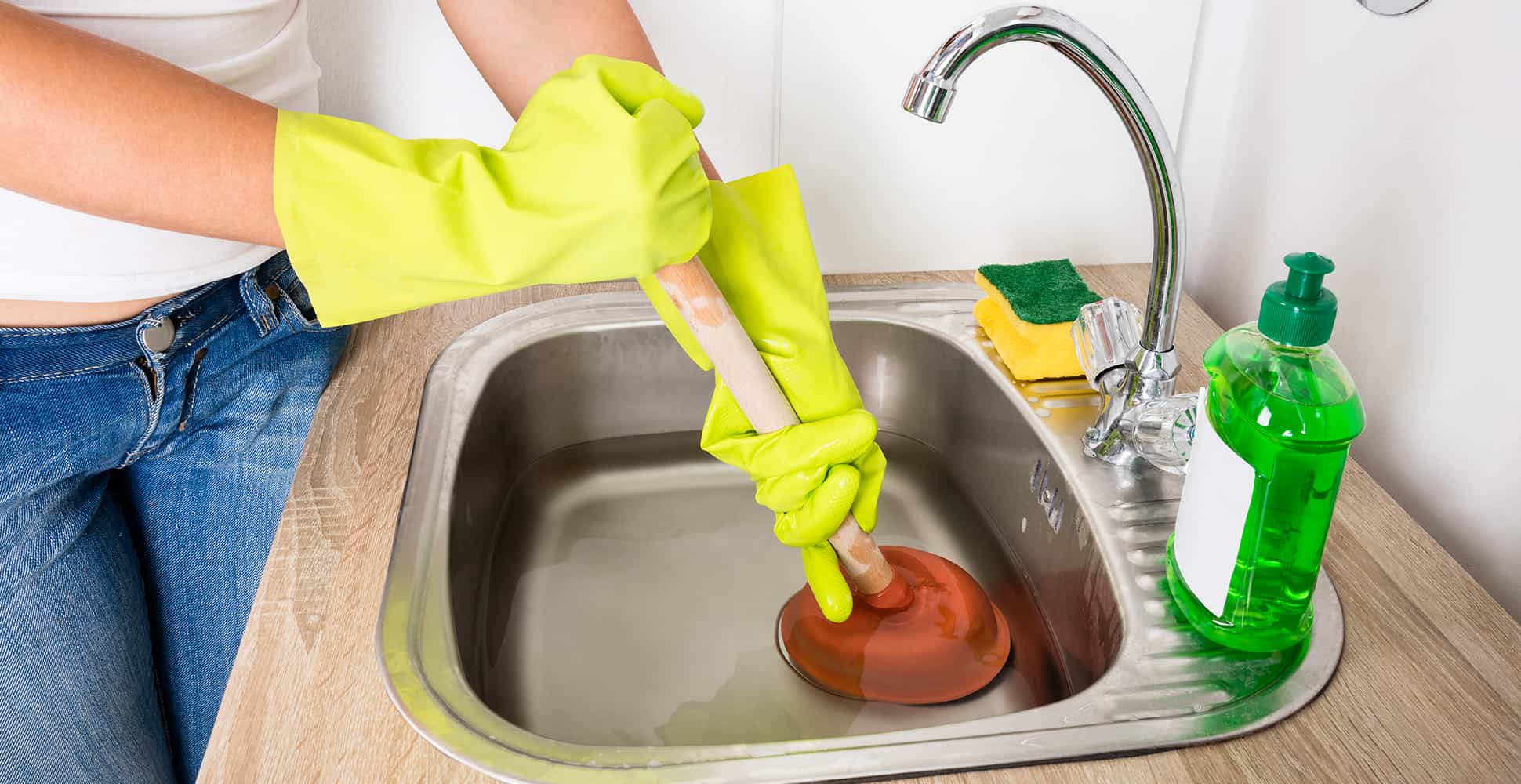 Another reason to
unblock your kitchen sink and waste pipe
is to prevent potential water damage in your house. A blocked sink can cause overflowing water, which can seep into your cabinets and walls, causing damage and potential mold growth. This can be an expensive and time-consuming issue to fix, which can easily be prevented by regularly unblocking your sink and waste pipe. By keeping your water flow free from any blockages, you can avoid any potential water damage to your house and save yourself from costly repairs.
Another reason to
unblock your kitchen sink and waste pipe
is to prevent potential water damage in your house. A blocked sink can cause overflowing water, which can seep into your cabinets and walls, causing damage and potential mold growth. This can be an expensive and time-consuming issue to fix, which can easily be prevented by regularly unblocking your sink and waste pipe. By keeping your water flow free from any blockages, you can avoid any potential water damage to your house and save yourself from costly repairs.
Extend the Lifespan of Your Plumbing System
 Blocked sinks and waste pipes can put a strain on your plumbing system, causing it to work harder and potentially leading to damage and wear and tear. By regularly unblocking your kitchen sink and waste pipe, you can prevent any unnecessary strain on your plumbing system, extending its lifespan and saving you from costly repairs or replacements. It is important to take care of your plumbing system to ensure a functional and long-lasting house design.
Blocked sinks and waste pipes can put a strain on your plumbing system, causing it to work harder and potentially leading to damage and wear and tear. By regularly unblocking your kitchen sink and waste pipe, you can prevent any unnecessary strain on your plumbing system, extending its lifespan and saving you from costly repairs or replacements. It is important to take care of your plumbing system to ensure a functional and long-lasting house design.
Avoid Foul Odors and Unpleasant Smells
 One of the most noticeable effects of a blocked sink and waste pipe is the unpleasant smell that can linger in your kitchen. As food scraps and debris get trapped in the pipes, they can decompose and release foul odors. These unpleasant smells can not only disrupt your daily routine but can also be embarrassing when hosting guests. By
unblocking your kitchen sink and waste pipe
, you can eliminate any potential foul odors and maintain a fresh and inviting kitchen.
In conclusion, unblocking your kitchen sink and waste pipe is essential for a functional house design. It not only ensures efficient water flow and a clean and hygienic kitchen but also prevents potential water damage, extends the lifespan of your plumbing system, and eliminates foul odors. Don't wait for a clogged sink to disrupt your daily routine and potentially cause costly damage, make sure to regularly unblock your kitchen sink and waste pipe to maintain a functional and well-designed house.
One of the most noticeable effects of a blocked sink and waste pipe is the unpleasant smell that can linger in your kitchen. As food scraps and debris get trapped in the pipes, they can decompose and release foul odors. These unpleasant smells can not only disrupt your daily routine but can also be embarrassing when hosting guests. By
unblocking your kitchen sink and waste pipe
, you can eliminate any potential foul odors and maintain a fresh and inviting kitchen.
In conclusion, unblocking your kitchen sink and waste pipe is essential for a functional house design. It not only ensures efficient water flow and a clean and hygienic kitchen but also prevents potential water damage, extends the lifespan of your plumbing system, and eliminates foul odors. Don't wait for a clogged sink to disrupt your daily routine and potentially cause costly damage, make sure to regularly unblock your kitchen sink and waste pipe to maintain a functional and well-designed house.

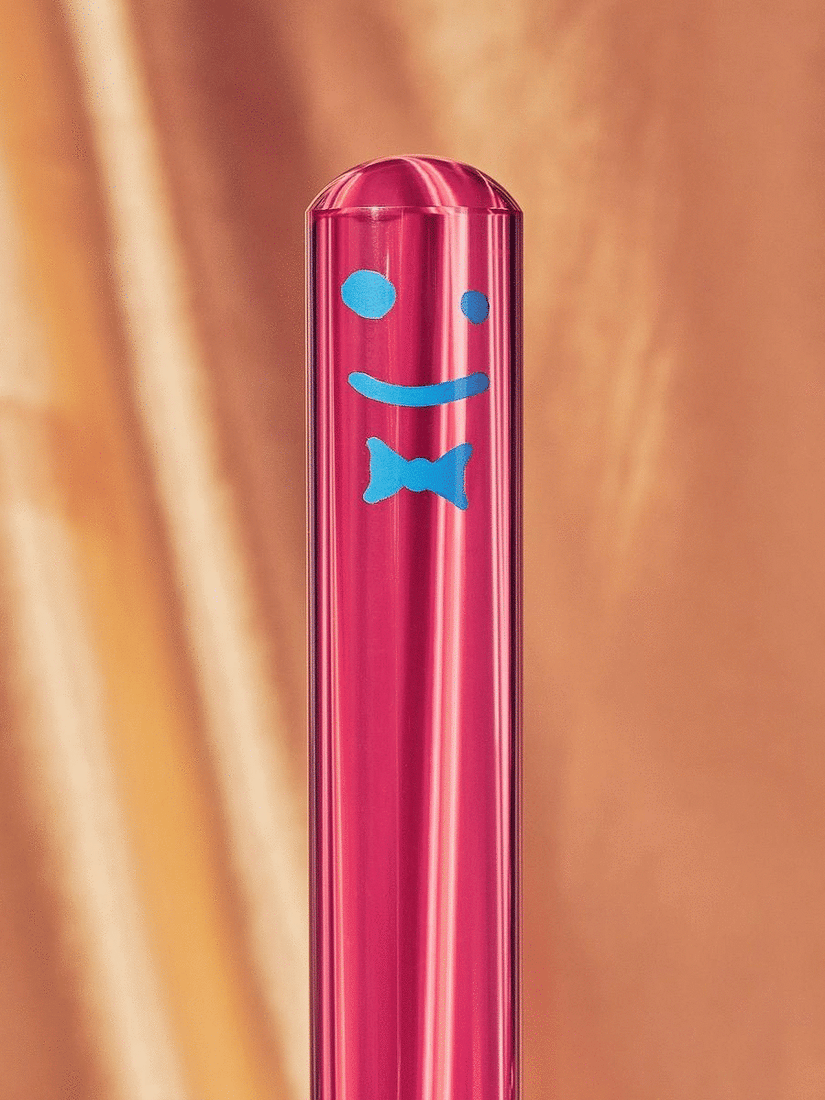

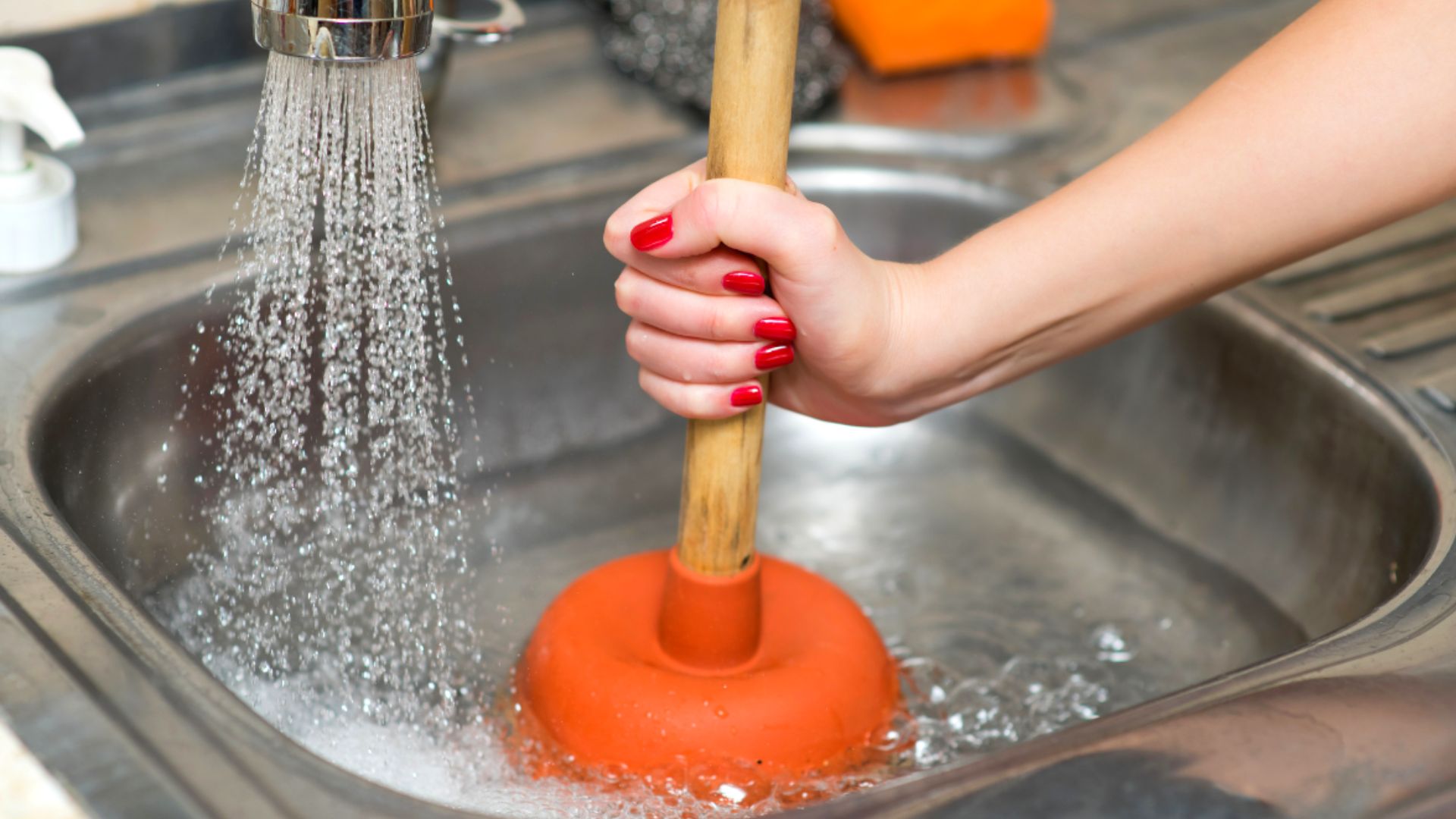
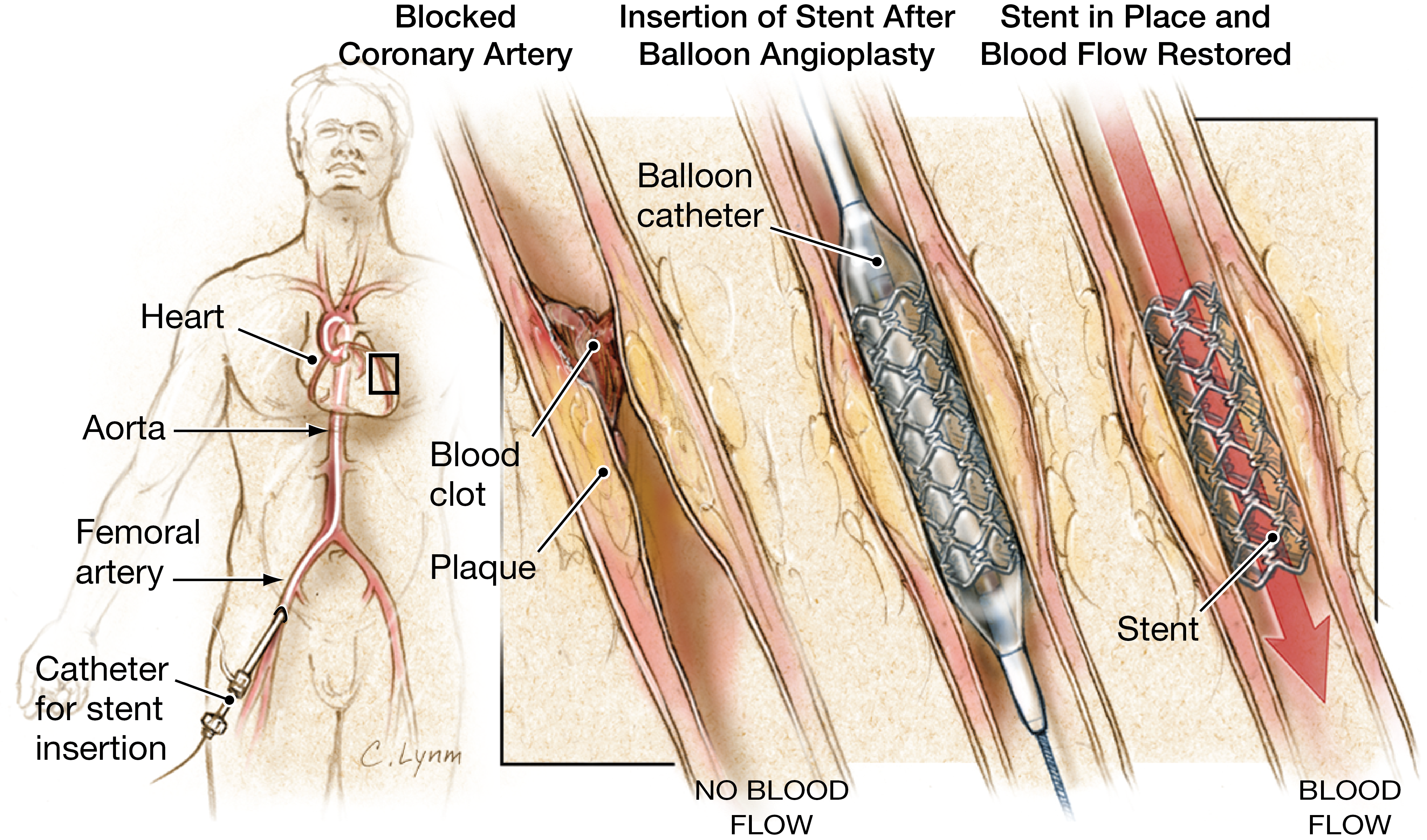






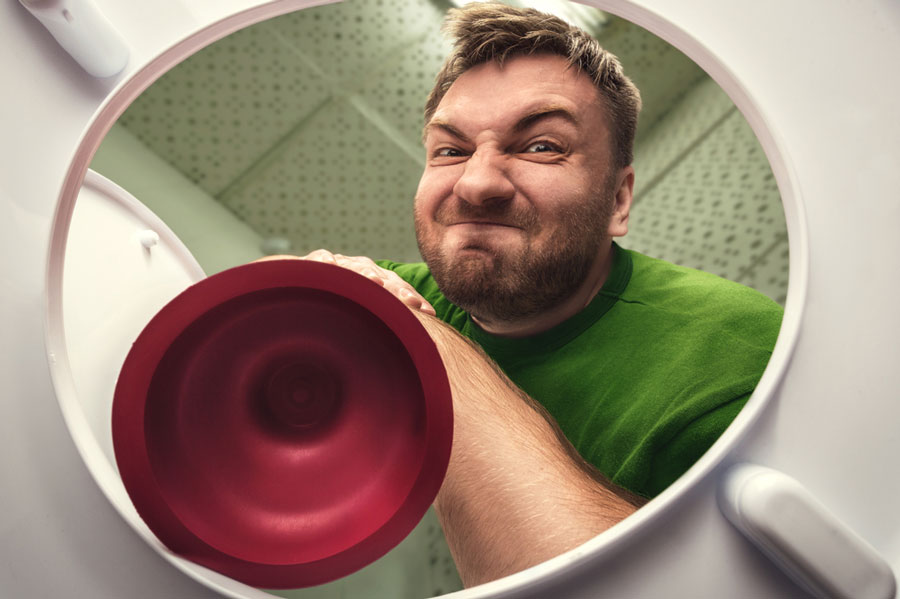

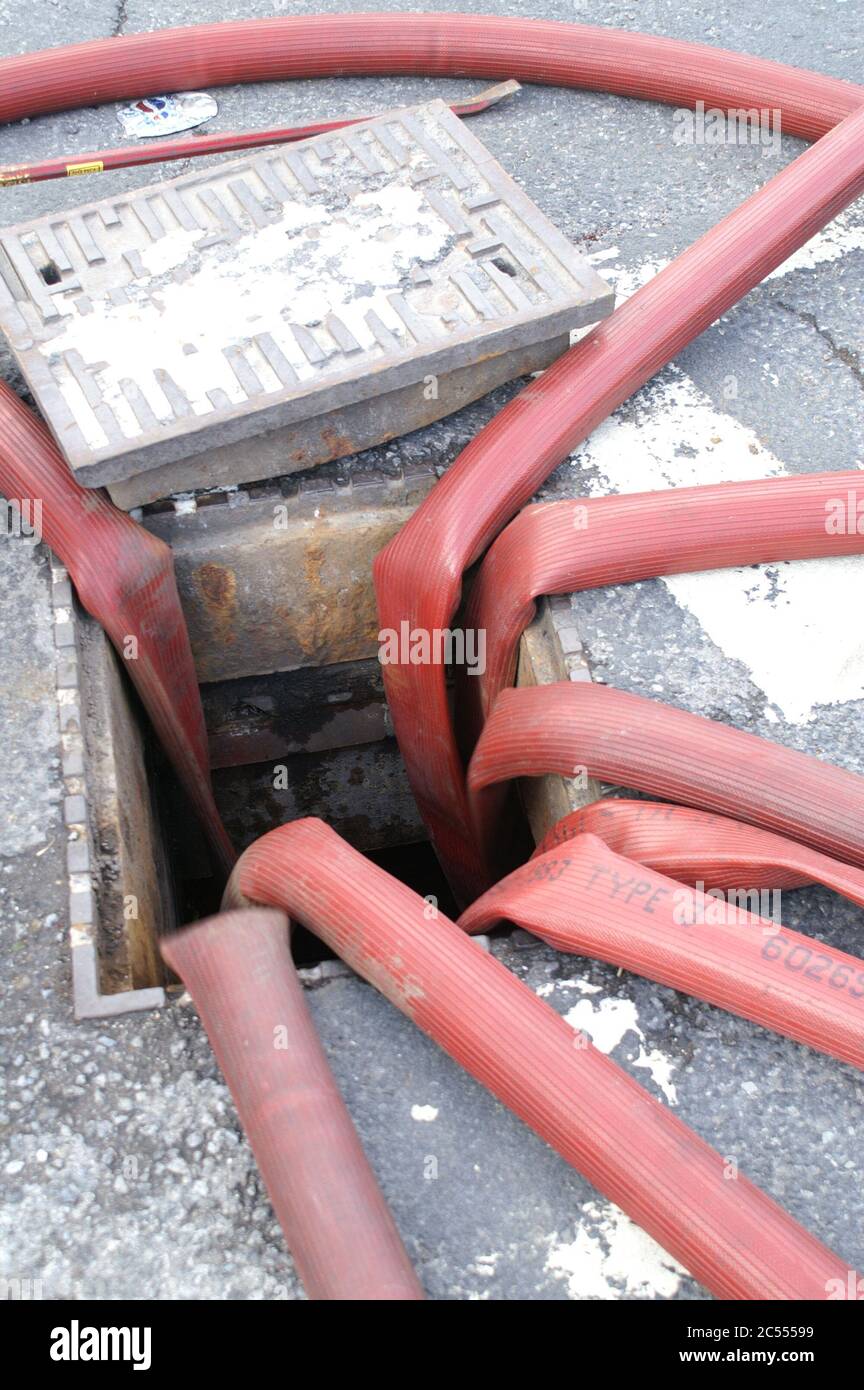


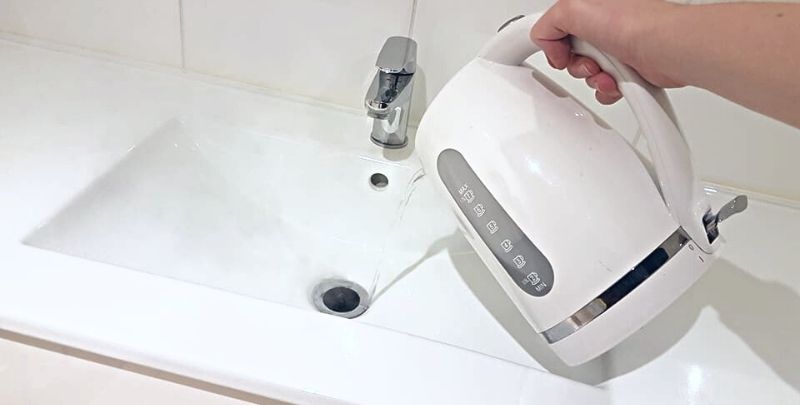
.jpg?time=1689761045394)
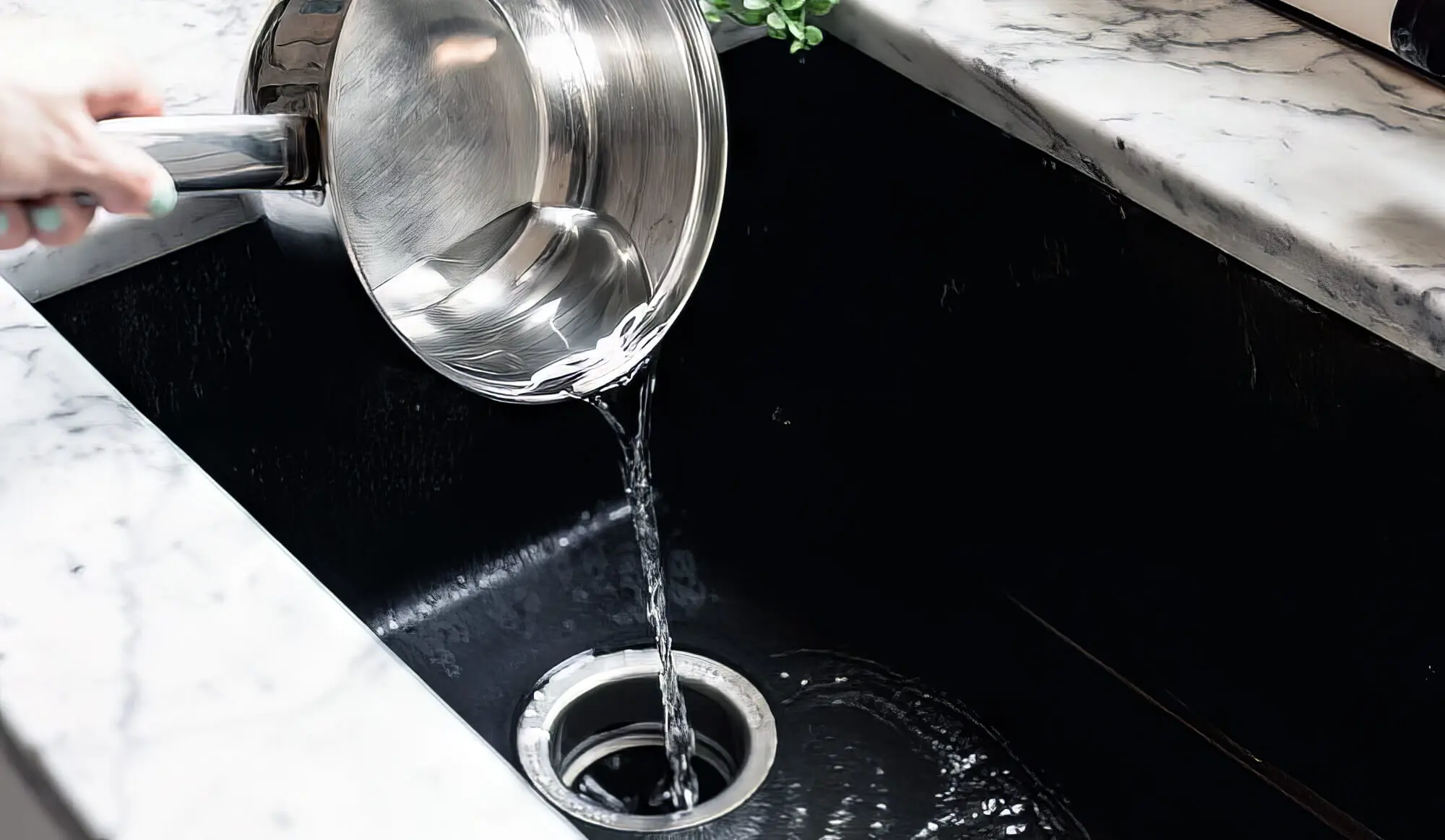


:max_bytes(150000):strip_icc()/GettyImages-1459148353-279aed56a15749c2a7310a882dbe3571.jpg)
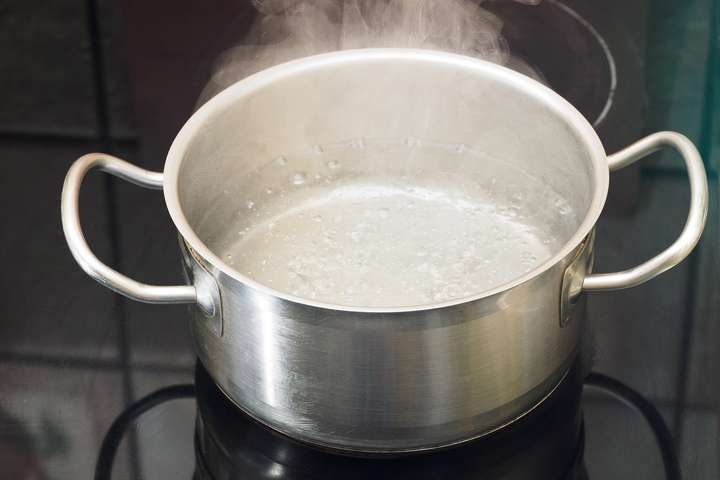






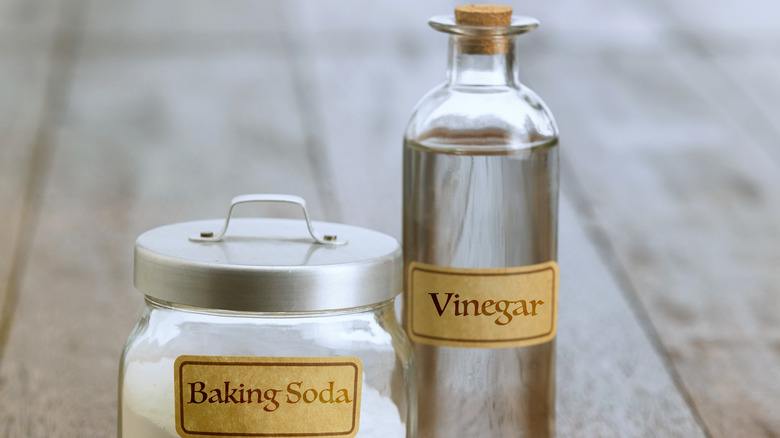


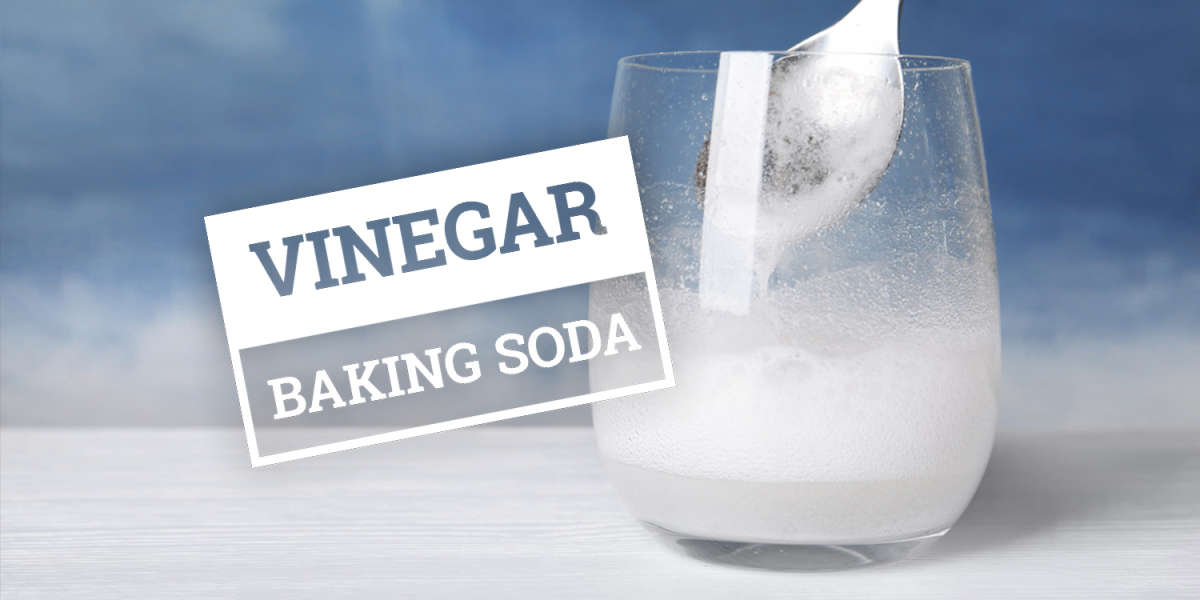
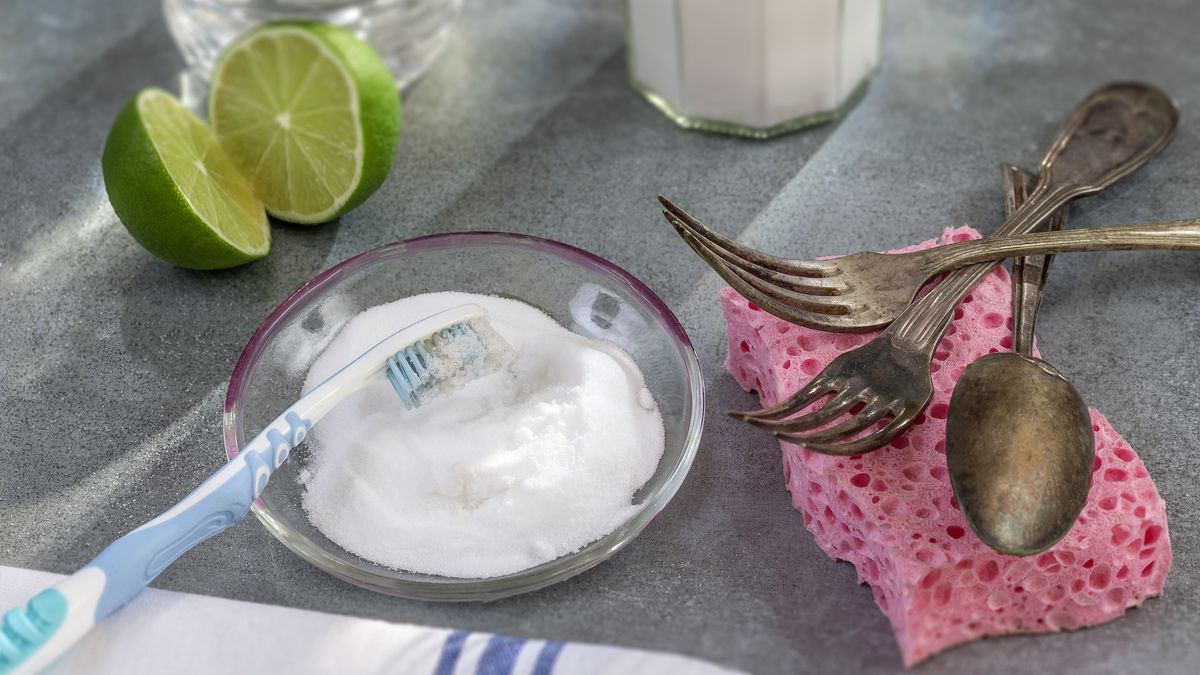
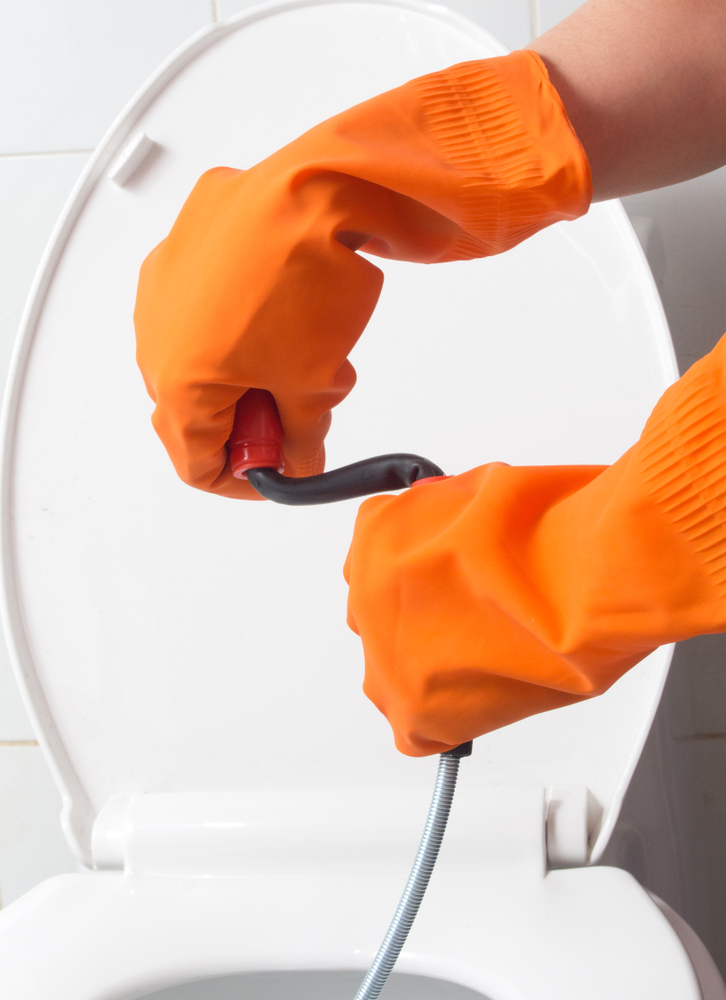
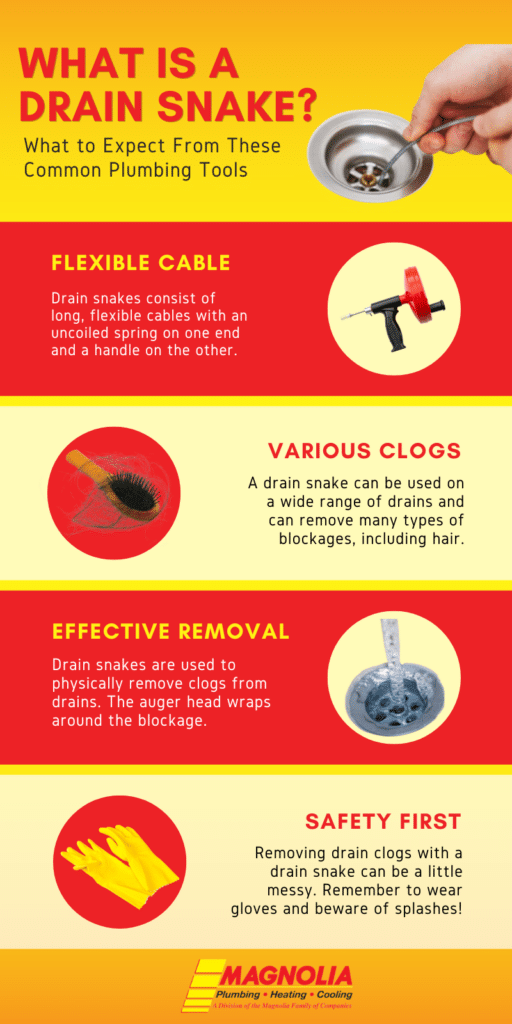


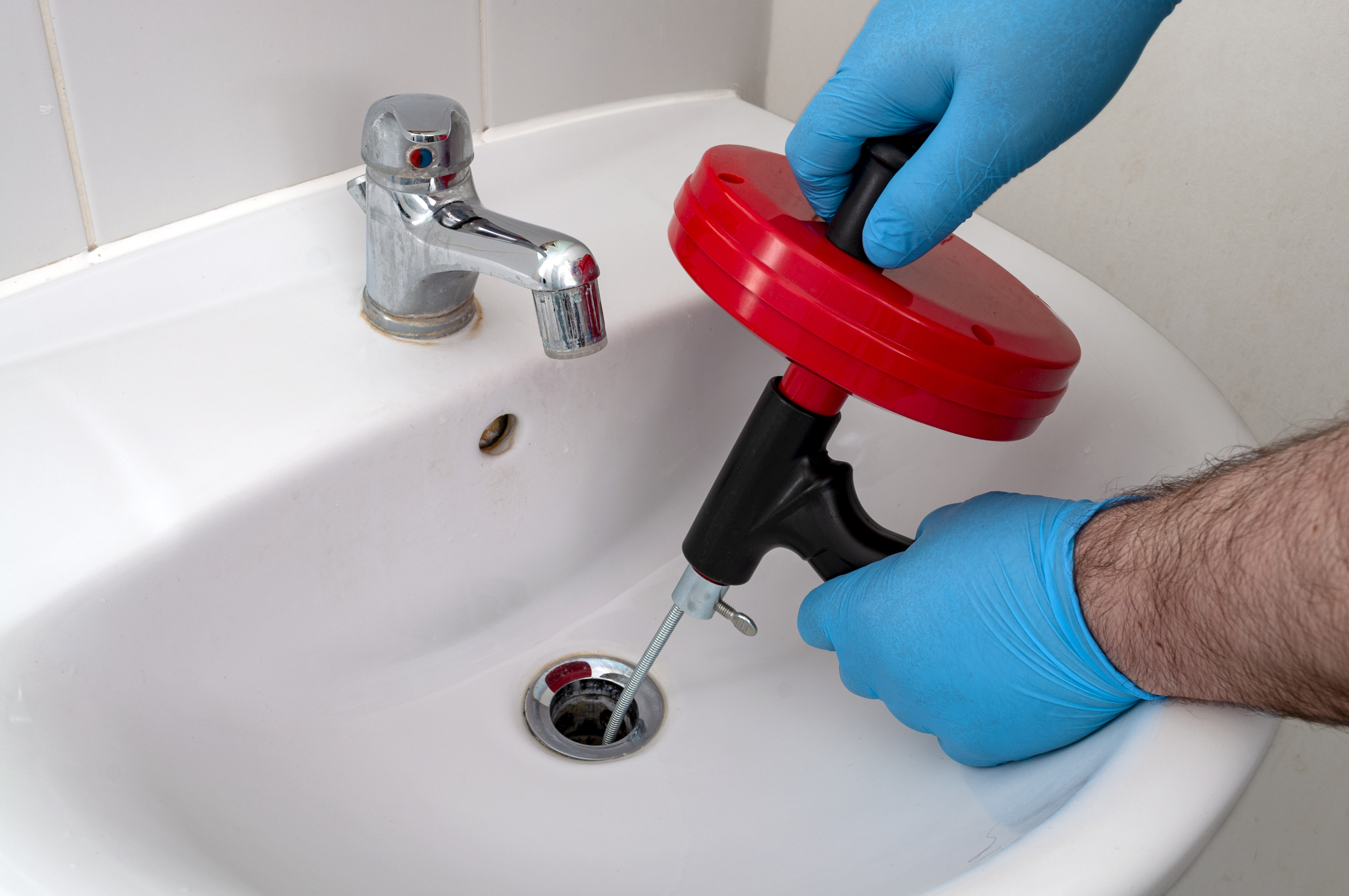
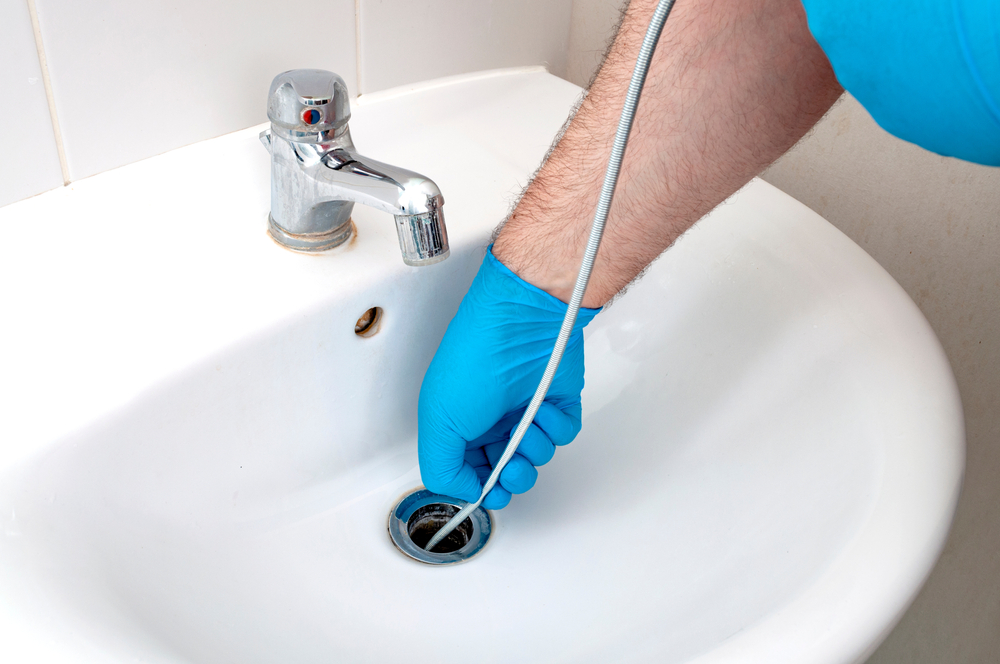
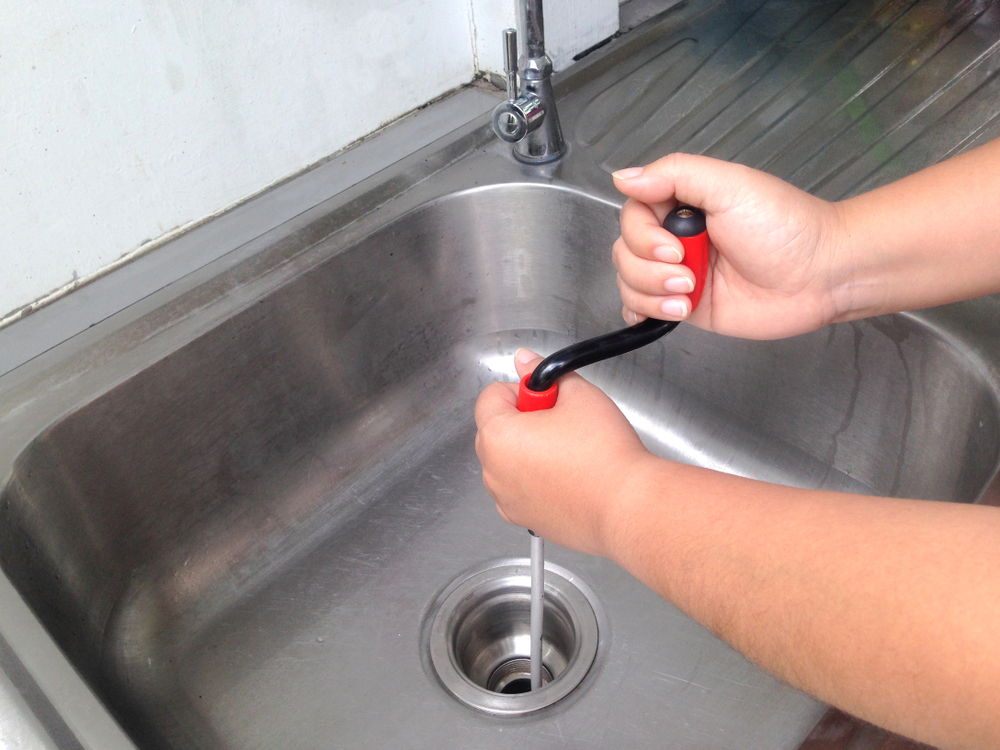












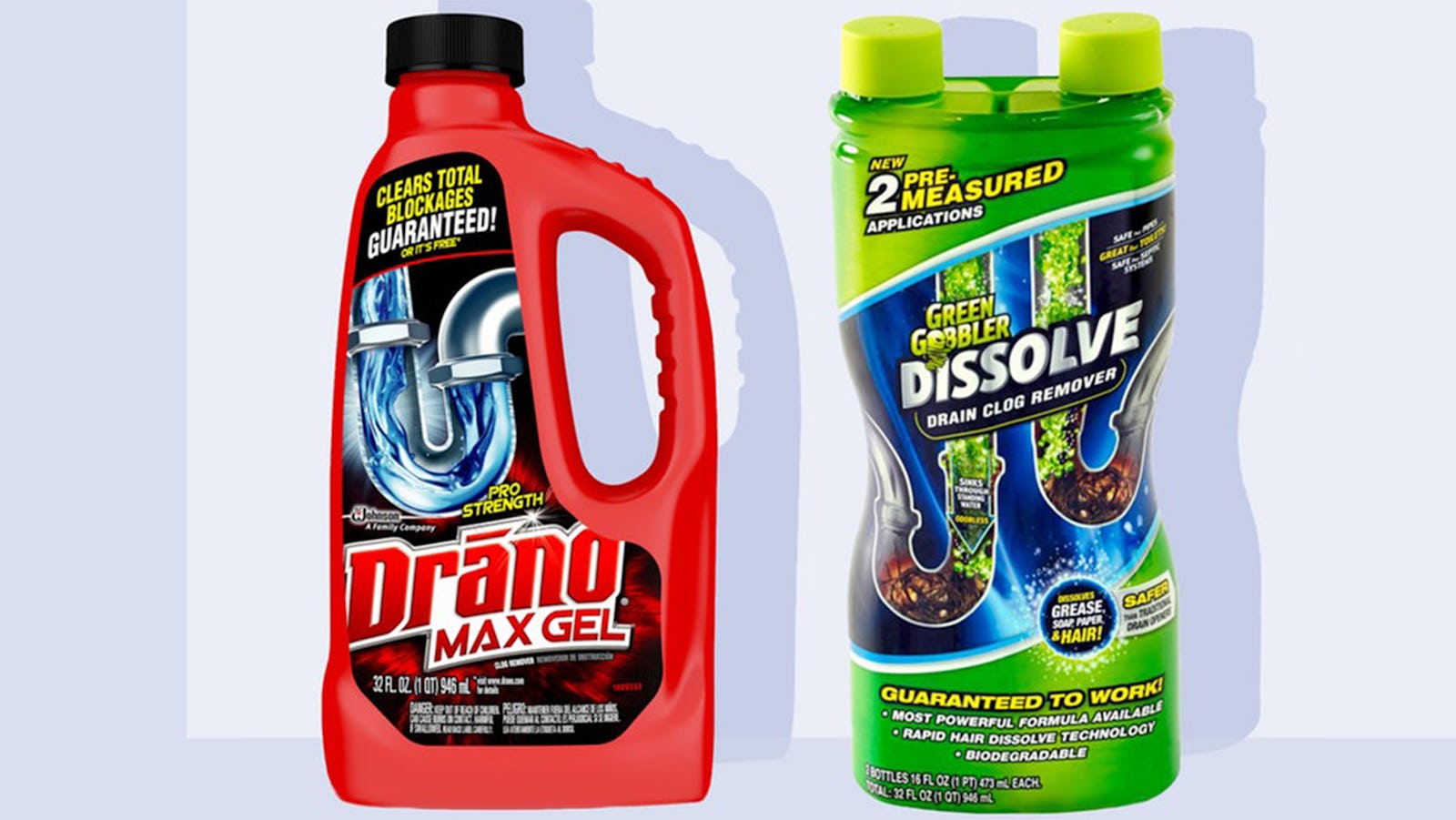
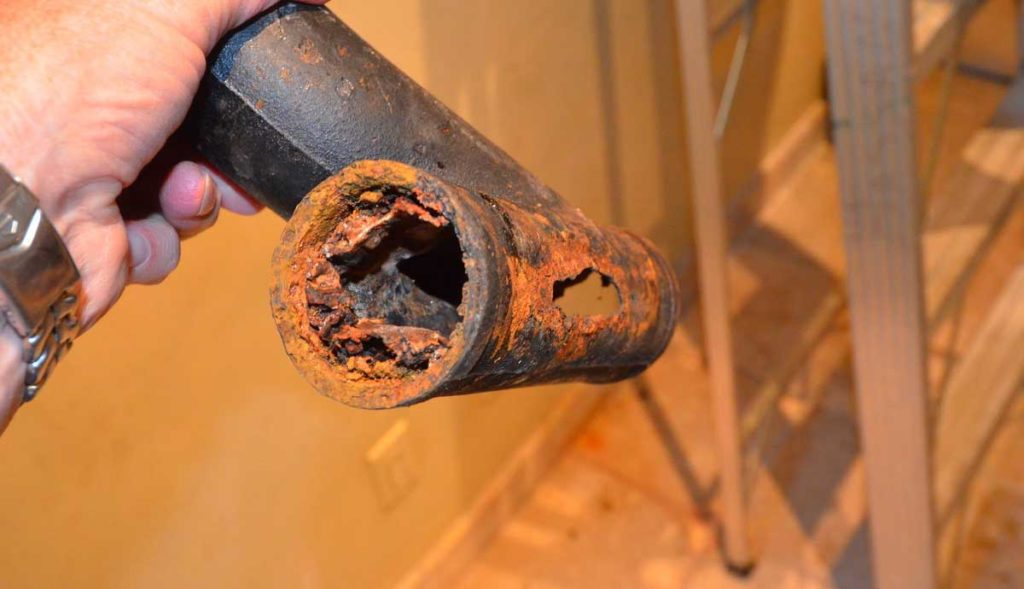




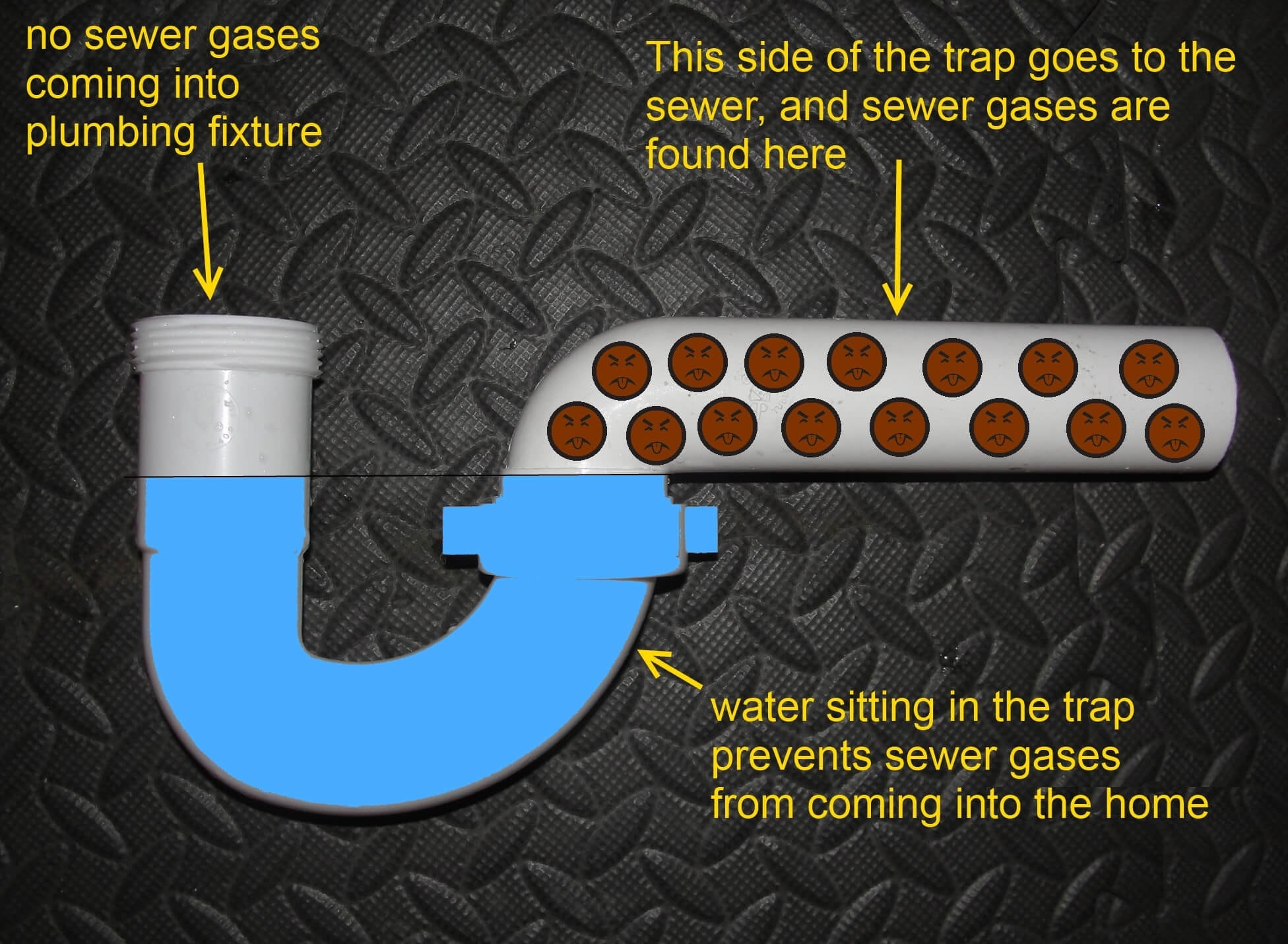



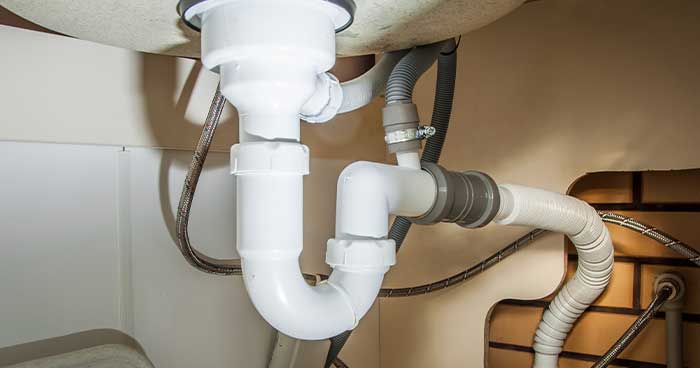
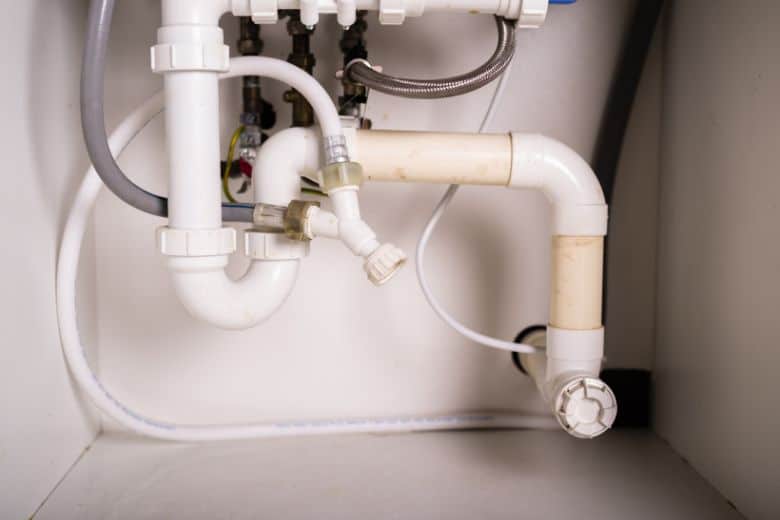



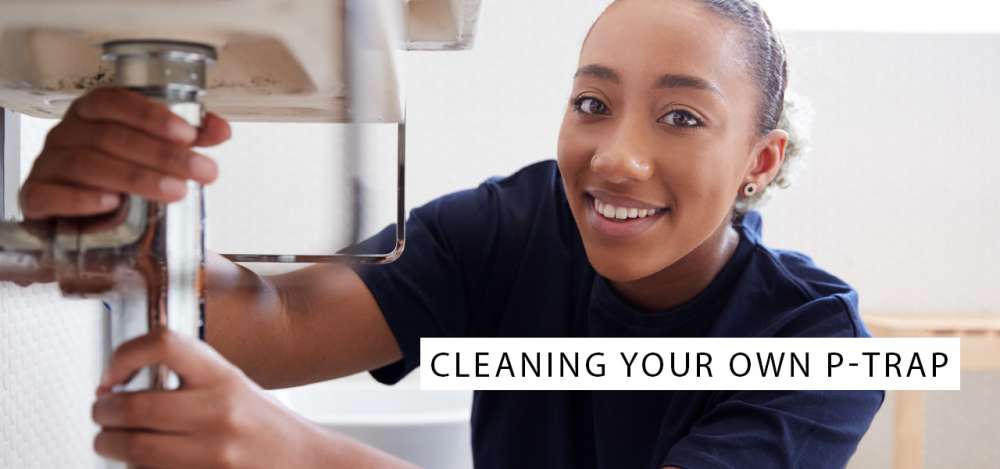


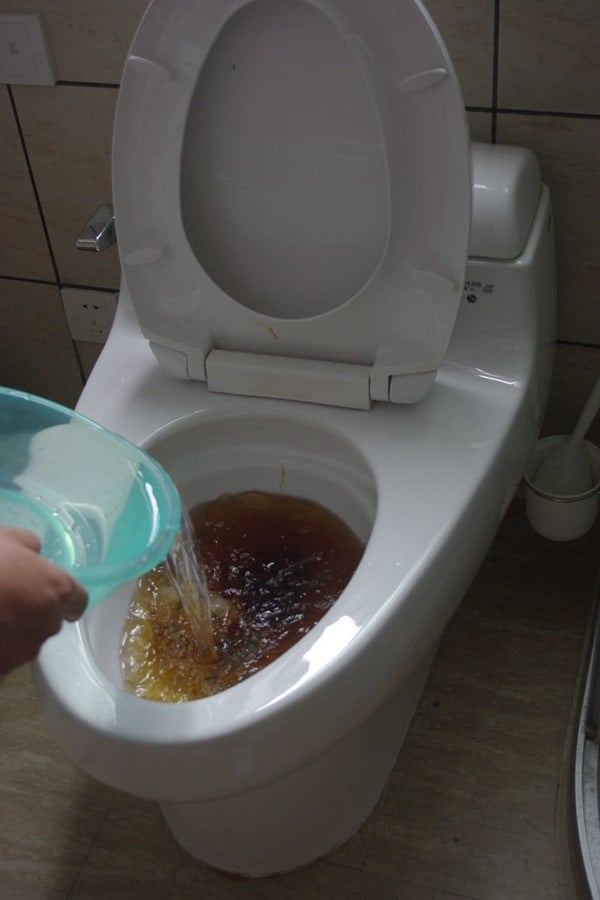
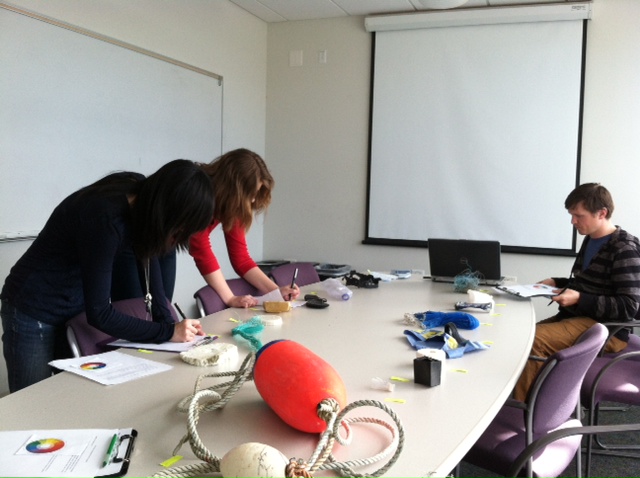

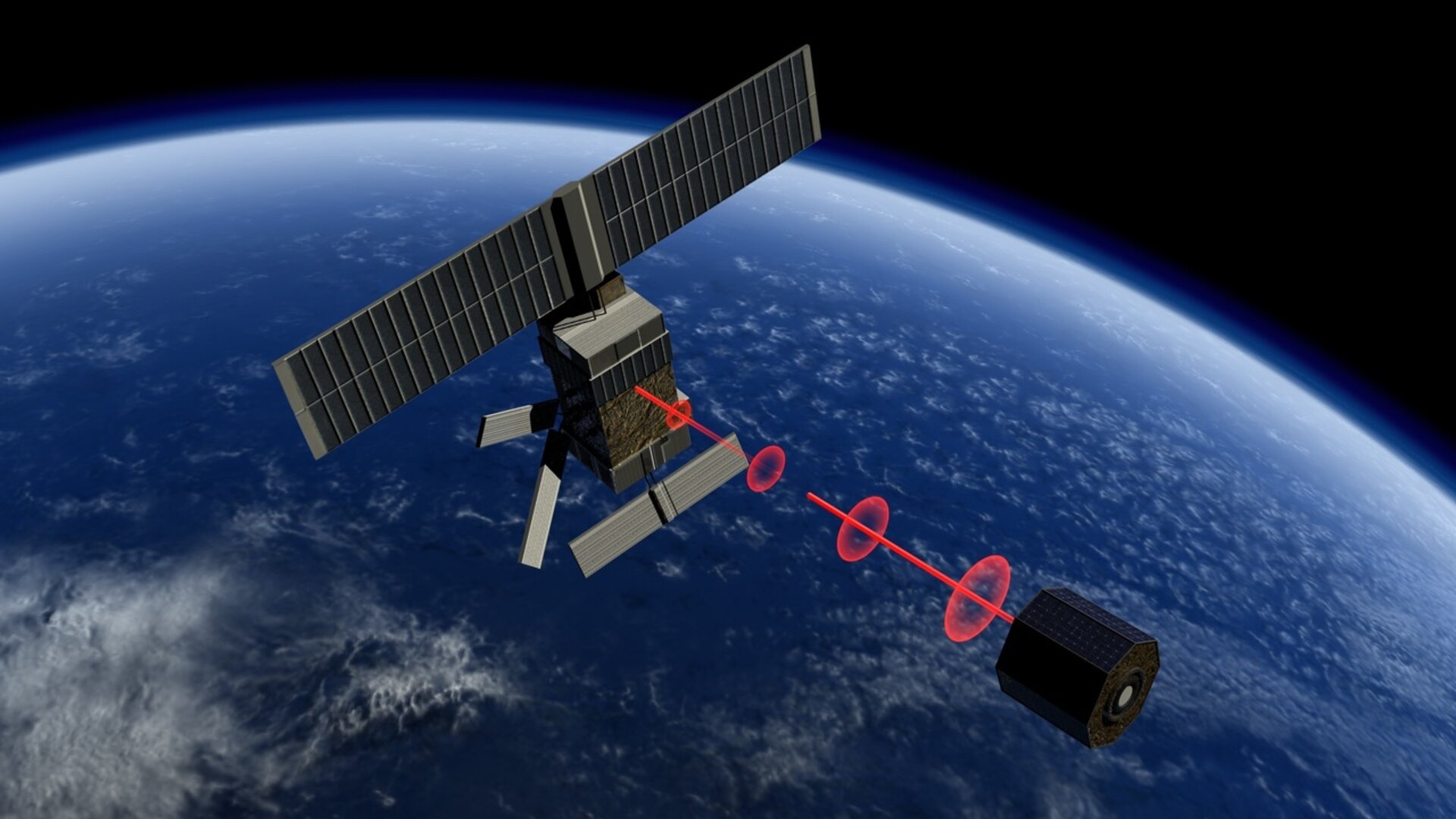








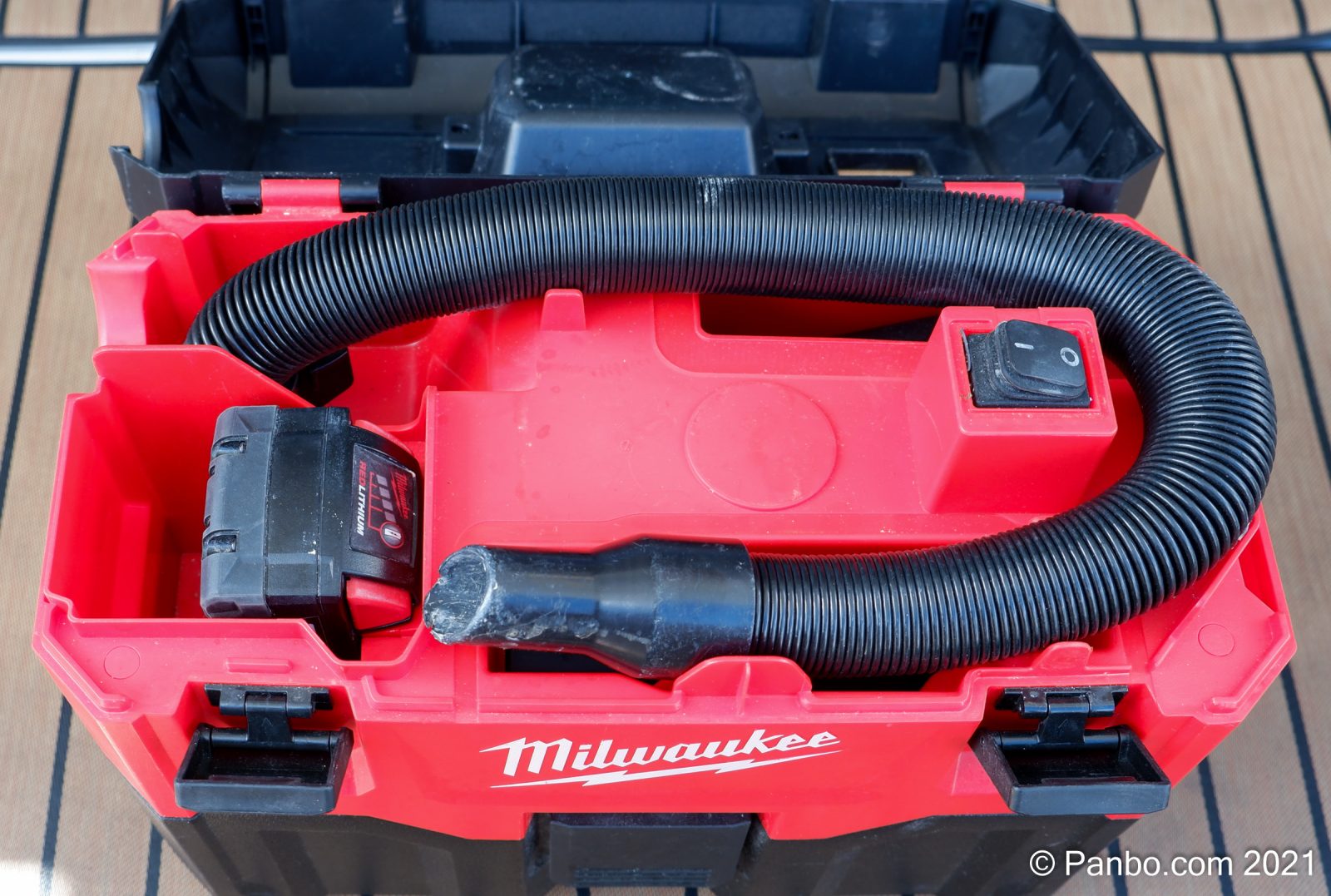







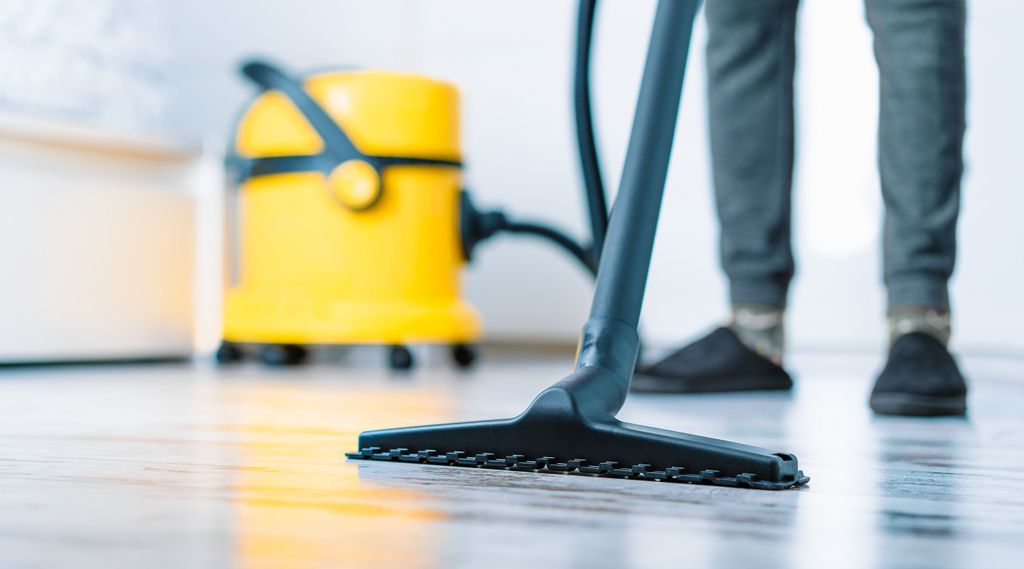


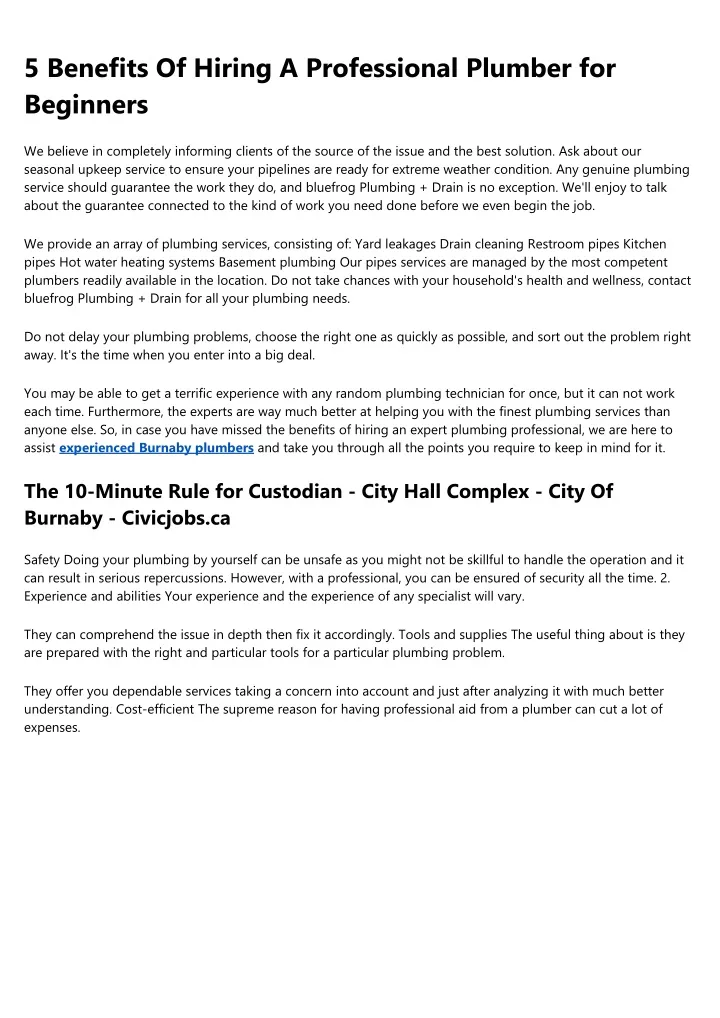

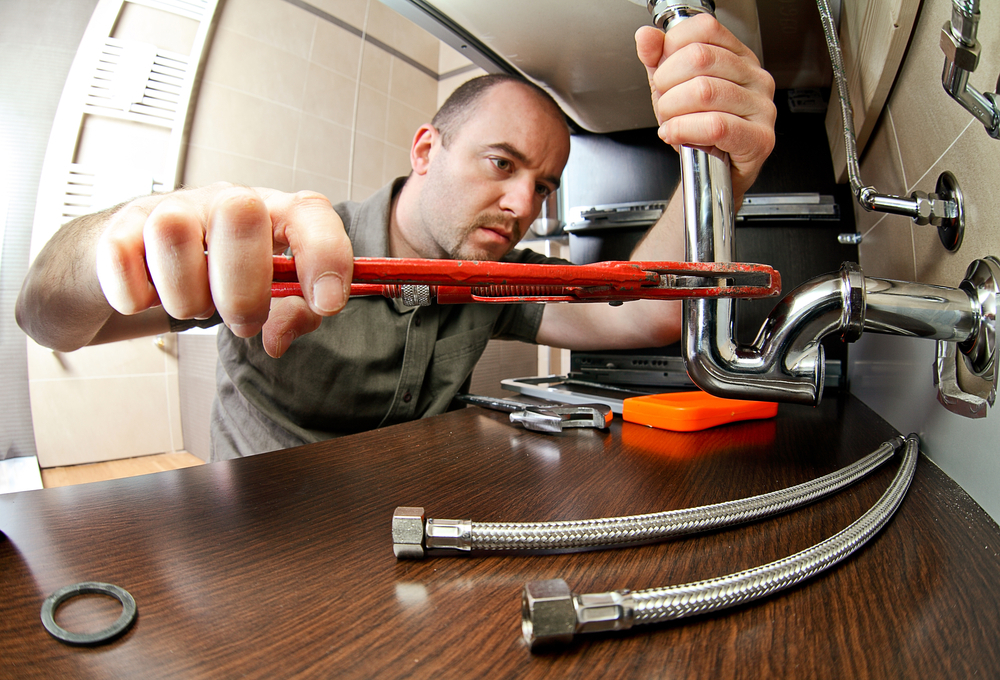




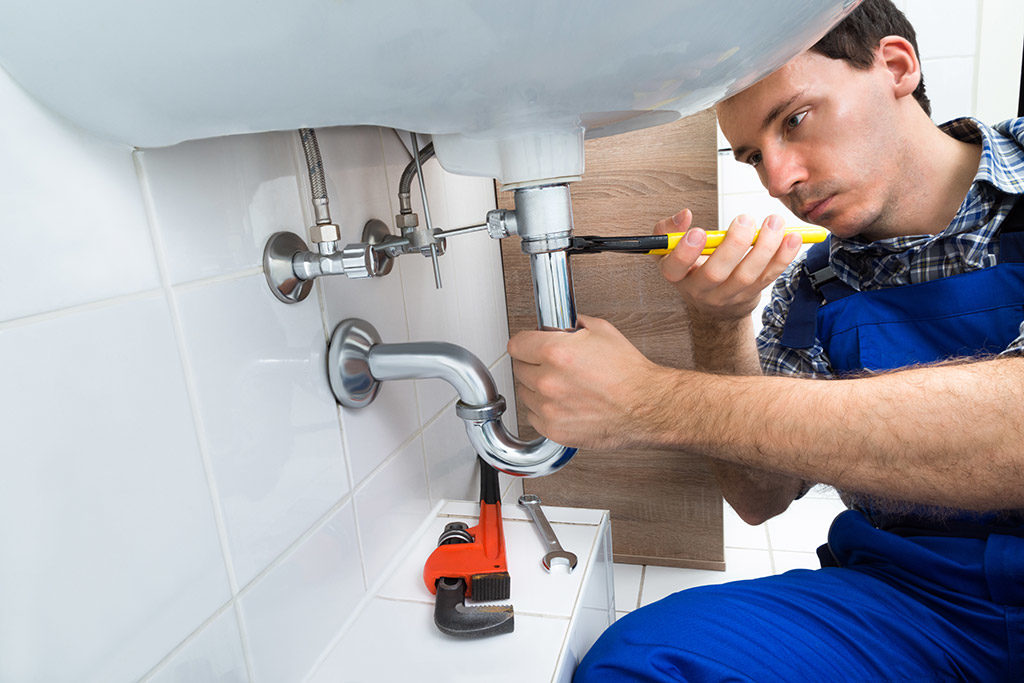
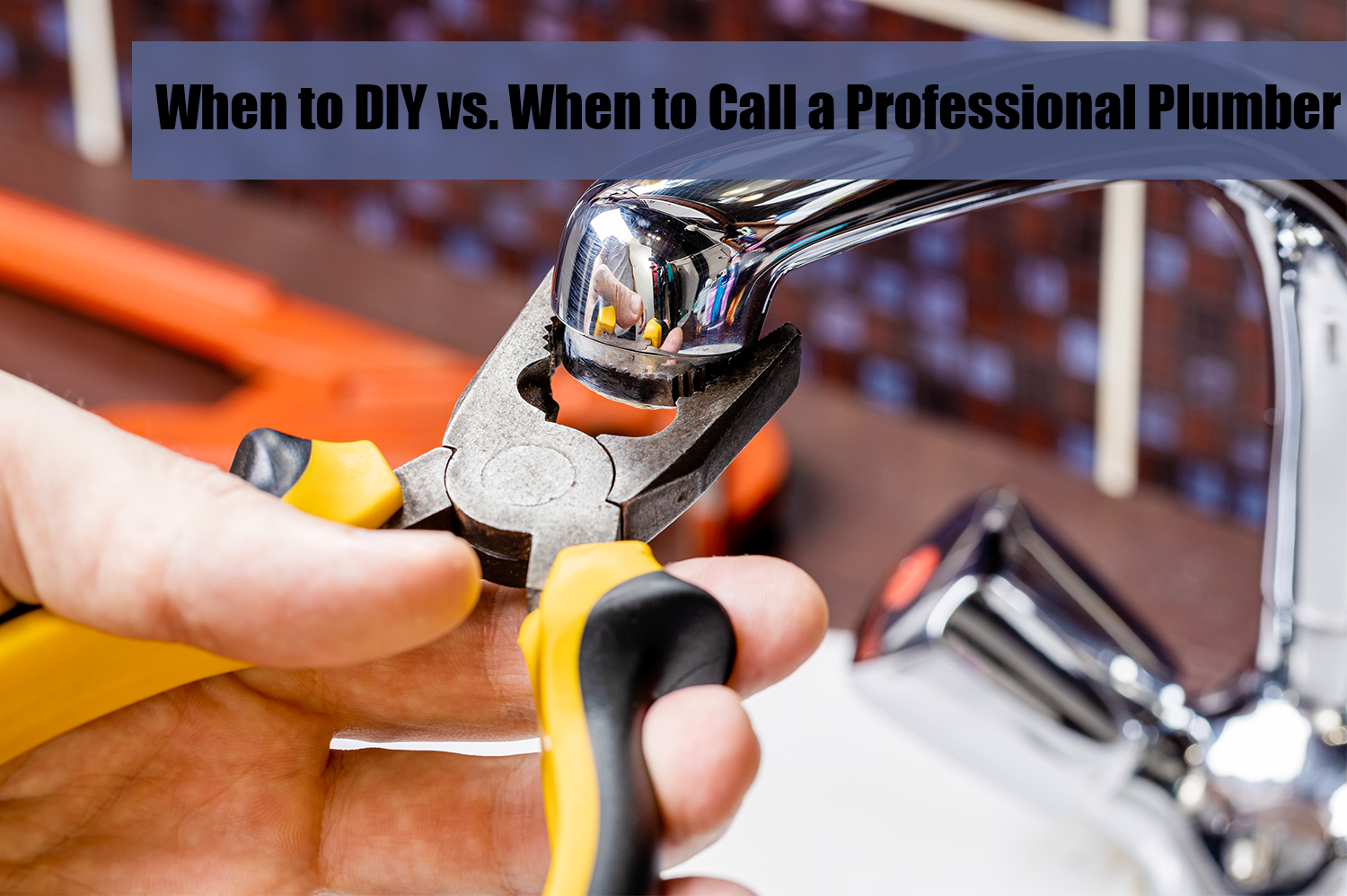
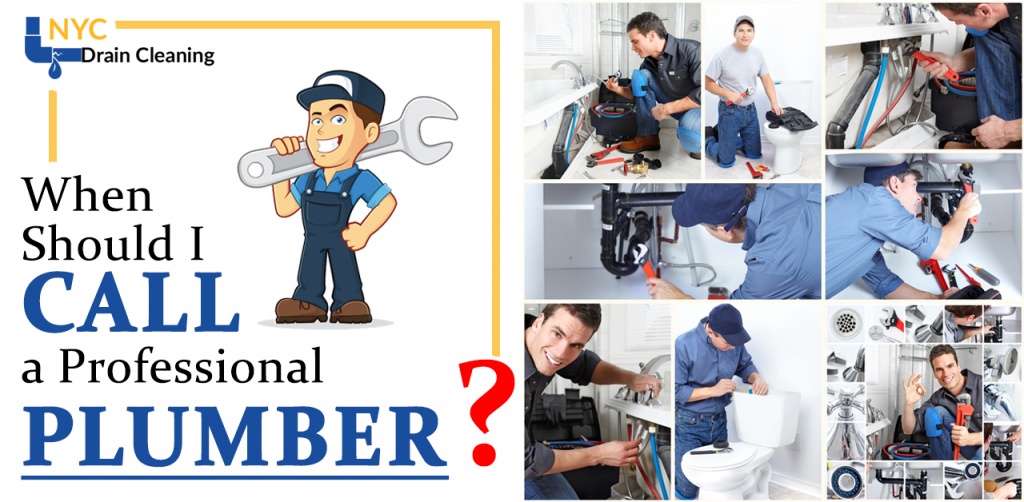

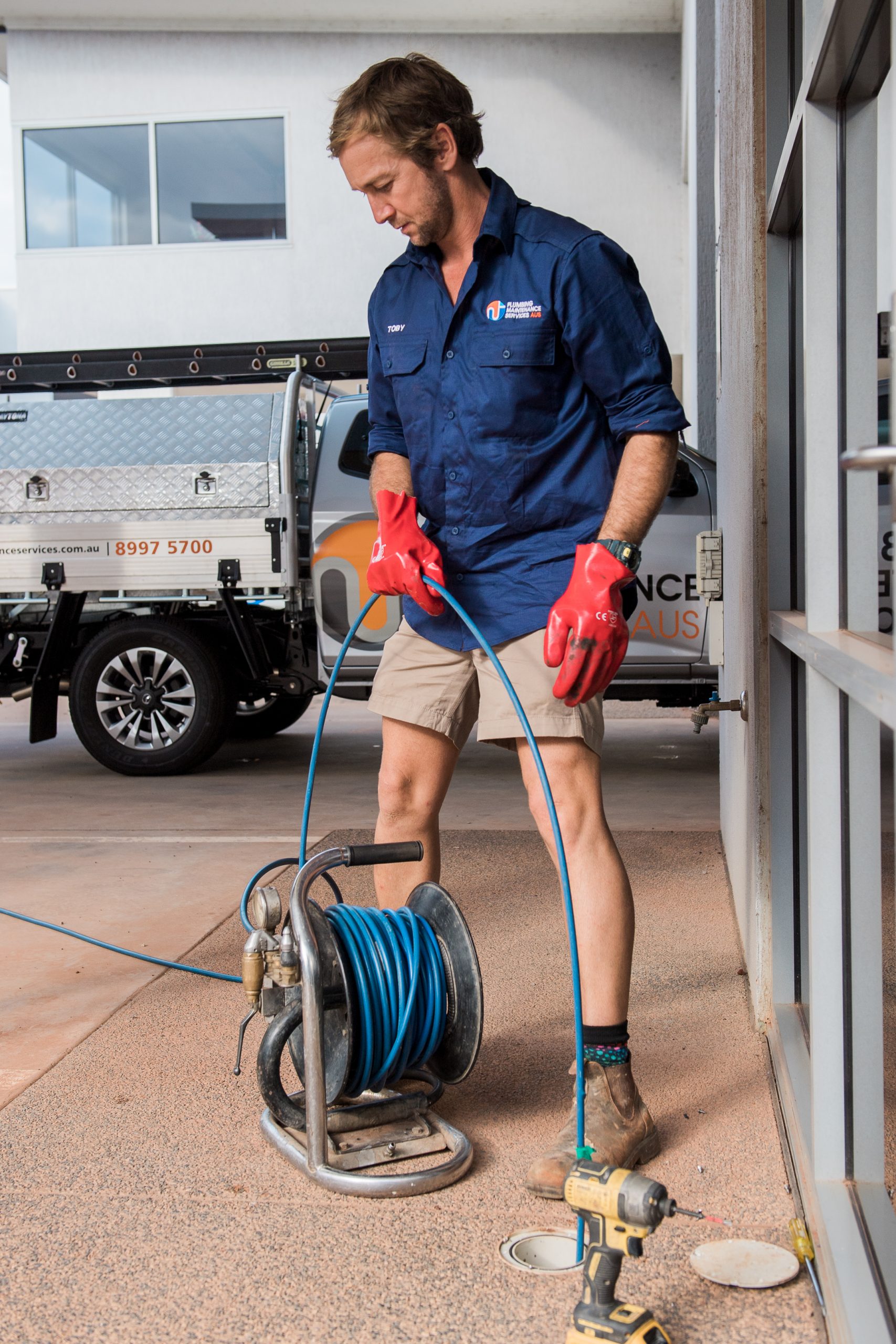

.png)










